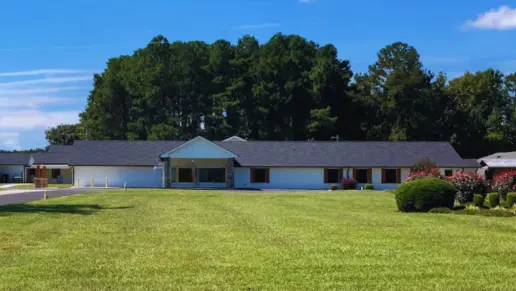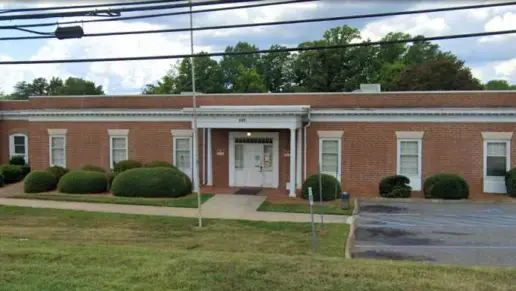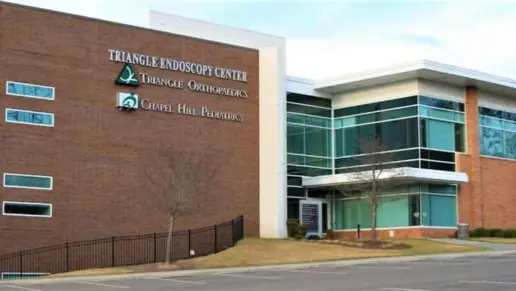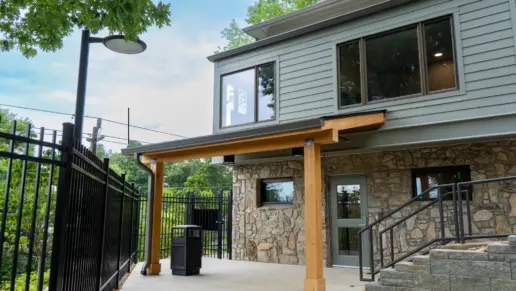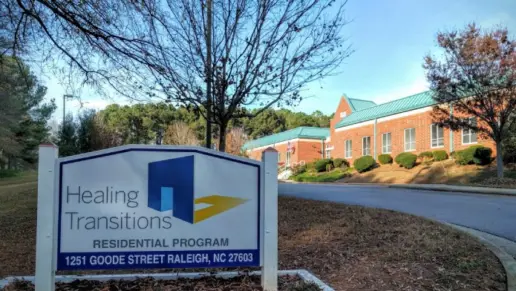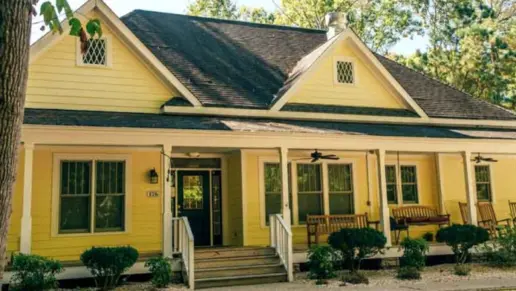About RAPHA Healthcare Services
RAPHA Healthcare Services is located in Mooresville, North Carolina, an area famous for auto racing. They’re across the street from Willow Valley Park. They offer treatment for substance use disorders and co-occurring conditions, including serious mental health illnesses in adults and children.
Medication Management Crucial for Opioid Use Disorder
Their program includes several outpatient treatment options, including traditional outpatient treatment and an intensive outpatient program. They specifically work with individuals who have an opioid opioid use disorder, using medication assisted treatment (MAT) that includes methadone, buprenorphine, and naltrexone. These medications help to reduce withdrawal symptoms and cravings during ongoing treatment.
While prescription medications may be an integral part of your treatment plan, it must occur alongside evidence-based therapies. They also offer medication therapies to treat alcoholism and management for mental health conditions. The evidence-based treatments that might be included in your customized treatment program include cognitive behavioral therapy (CBT), trauma related counseling, and substance use disorder counseling.
Specialized Treatment Programs Address Unique Needs
They address the mental health needs of co-occurring conditions such as depression or anxiety and include treatment for anger management. Your treatment plan will include a relapse prevention program that helps you to identify triggers that may prompt a relapse and how to avoid them.
They have specialized programs for pregnant and postpartum women, seniors or older adults, members of the LBGTQ+ community, clients with HIV or AIDS, and those who have experienced trauma, including sexual abuse or intimate partner violence. They also offer addiction treatment for gambling disorders or other addictive disorders.
Throughout your program, you may also be educated on specific areas that would impact your addiction, such as substance use disorder, smoking, vaping, or tobacco cessation, hepatitis education, or HIV and AIDS education and counseling. They accept most major private insurance providers, Medicare, and Medicaid. They also accept cash or self payment.
Latest Reviews
Rehab Score
Gallery
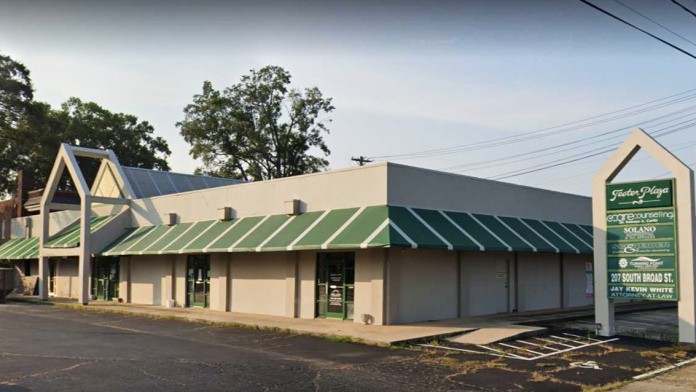
Accepted Insurance
Other Forms of Payment
Medicare is a federal program that provides health insurance for those 65 and older. It also serves people under 65 with chronic and disabling health challenges. To use Medicare for addiction treatment you need to find a program that accepts Medicare and is in network with your plan. Out of pocket costs and preauthorization requirements vary, so always check with your provider.
Medicaid is a state based program that helps lower-income individuals and families pay for healthcare. Medicaid covers addiction treatment so those enrolled can use their coverage to pay for rehab. When a program accepts Medicaid the client often pays very little or nothing out of their own pocket.
Private insurance refers to any kind of healthcare coverage that isn't from the state or federal government. This includes individual and family plans offered by an employer or purchased from the Insurance Marketplace. Every plan will have different requirements and out of pocket costs so be sure to get the full details before you start treatment.
Self-pay involves paying for treatment out of your own pocket. You can use savings or credit, get a personal loan, or receive help from family and friends to fund your treatment. If you don't have insurance or your insurance plan doesn't cover a specific program, self-pay can help ensure you still get the care you need.
Addiction Treatments
Levels of Care
 Outpatient
Outpatient
 12-Step
12-Step
 Aftercare Support
Aftercare Support
 Intensive Outpatient
Intensive Outpatient
Treatments
Substance rehabs focus on helping individuals recover from substance abuse, including alcohol and drug addiction (both illegal and prescription drugs). They often include the opportunity to engage in both individual as well as group therapy.
Alcohol use disorder, commonly called alcoholism, involves an inability to control the amount or frequency you drink and feeling withdrawal symptoms when you don't drink. Treatment for alcohol addiction may involve residential or outpatient alcohol rehab in North Carolina, counseling, or 12-step programs. Typically, some form of professional treatment and support is necessary to achieve long-term recovery.
Programs

Adult Program

LGBTQ Program
Clinical Services
Cognitive Behavioral Therapy (CBT) is a therapy modality that focuses on the relationship between one's thoughts, feelings, and behaviors. It is used to establish and allow for healthy responses to thoughts and feelings (instead of unhealthy responses, like using drugs or alcohol). CBT has been proven effective for recovering addicts of all kinds, and is used to strengthen a patient's own self-awareness and ability to self-regulate. CBT allows individuals to monitor their own emotional state, become more adept at communicating with others, and manage stress without needing to engage in substance abuse.
Dialectical Behavior Therapy (DBT) is a modified form of Cognitive Behavioral Therapy (CBT), a treatment designed to help people understand and ultimately affect the relationship between their thoughts, feelings, and behaviors. DBT is often used for individuals who struggle with self-harm behaviors, such as self-mutilation (cutting) and suicidal thoughts, urges, or attempts. It has been proven clinically effective for those who struggle with out-of-control emotions and mental health illnesses like Borderline Personality Disorder.
Motivational Interviewing (MI) is a clinical approach to helping people with substance abuse issues and other conditions shift behavior in positive ways. It is more goal-oriented than traditional psychotherapy, as MI counselors directly attempt to get clients to consider making behavioral change (rather than wait for them to come to conclusions themselves). Its primary purpose is to resolve ambivalence and help clients become able to make healthy choices freely.
Trauma therapy addresses traumatic incidents from a client's past that are likely affecting their present-day experience. Trauma is often one of the primary triggers and potential causes of addiction, and can stem from child sexual abuse, domestic violence, having a parent with a mental illness, losing one or both parents at a young age, teenage or adult sexual assault, or any number of other factors. The purpose of trauma therapy is to allow a patient to process trauma and move through and past it, with the help of trained and compassionate mental health professionals.
Accreditations

State Licenses are permits issued by government agencies that allow rehab organizations to conduct business legally within a certain geographical area. Typically, the kind of program a rehab facility offers, along with its physical location, determines which licenses are required to operate legally.
State License: North Carolina




